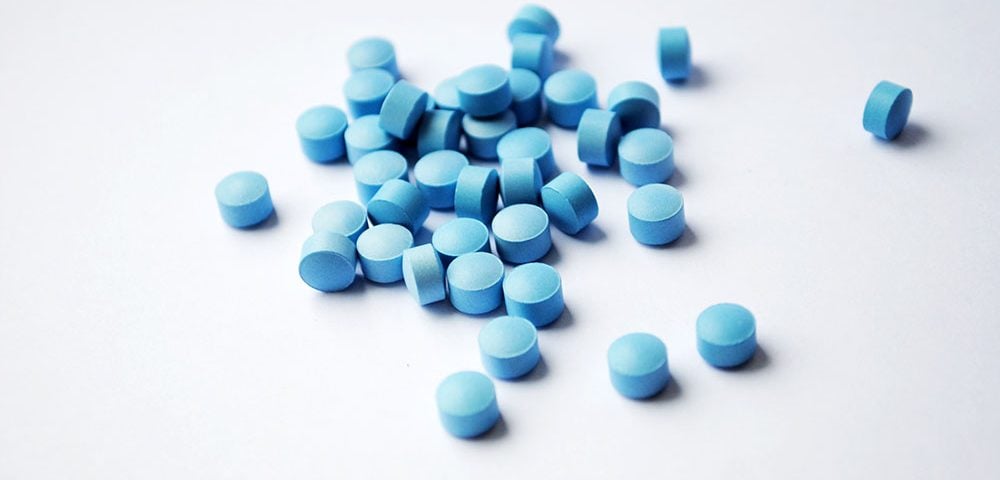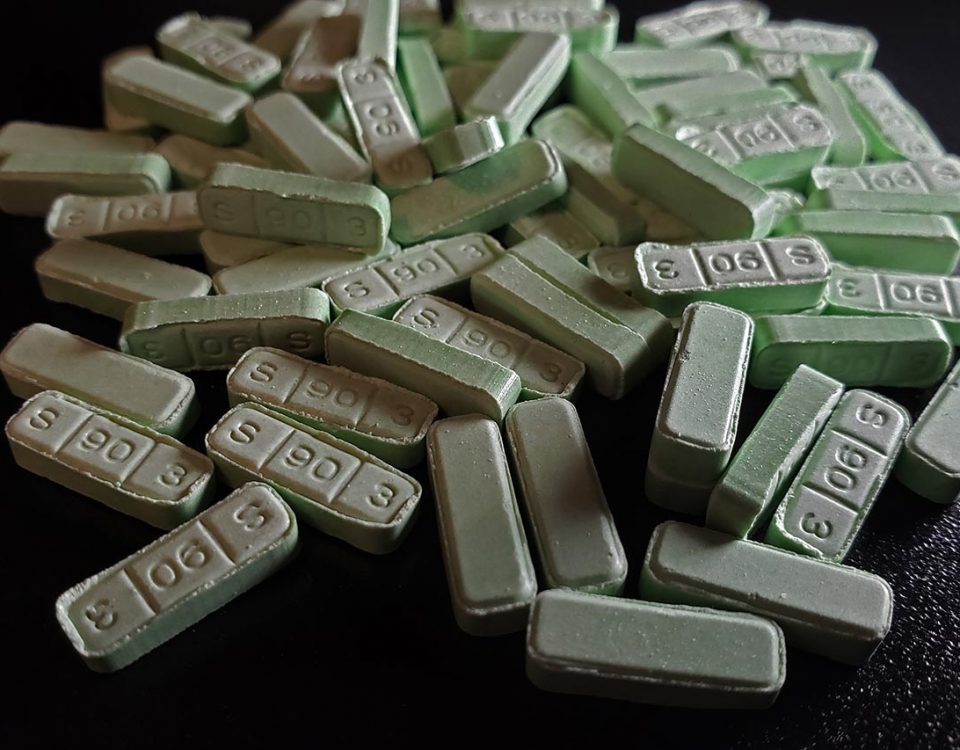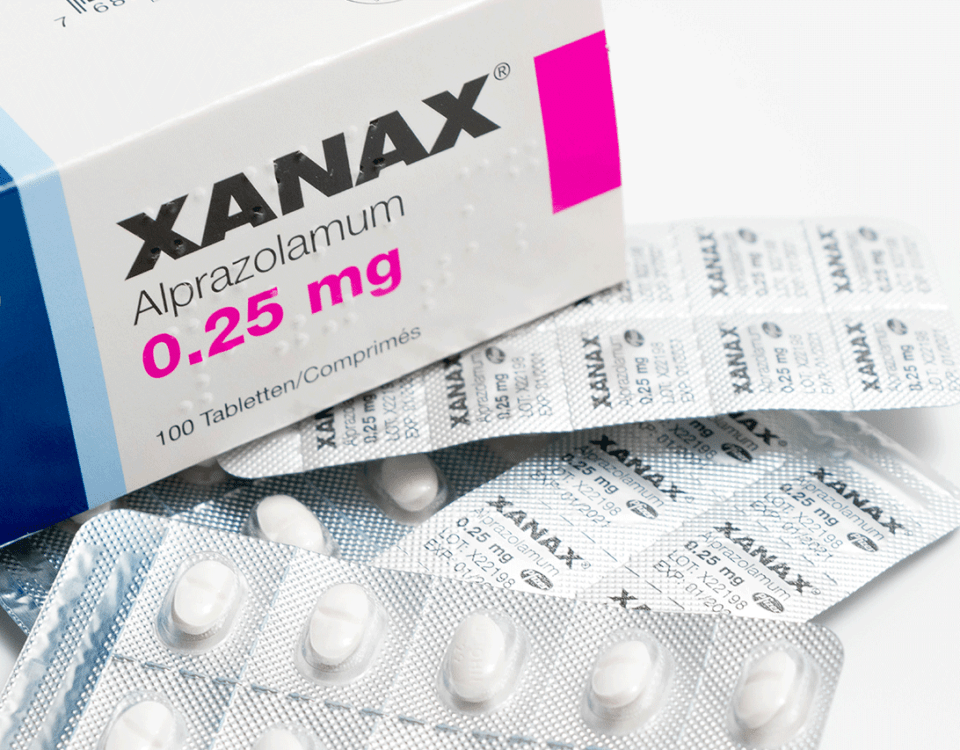Known for its anxiolytic qualities, the drug Librium is essential for treating a variety of disorders. Understanding its pharmacokinetics—which includes things like absorption, distribution, metabolism, and elimination—is essential to using it efficiently. Banyan Treatment Centers Chicago is here to provide clarification on two important pharmacokinetic features of this drug: the Librium half-life and duration of effect. Examining these factors helps determine the right dosing tactics and offers crucial insights into how long the medicine is active in the body. We'll also look at how individual characteristics, including dosage and metabolism, can affect how long Librium's effects last.
What Is Librium Used For?
Librium is used for its anxiolytic properties, making it a valuable medication in the treatment of various anxiety disorders. The neurotransmitter gamma-aminobutyric acid (GABA) functions in the central nervous system. Chlordiazepoxide, its active component, amplifies the benefits of GABA. This has a calming, peaceful impact that can be highly beneficial for those with generalized anxiety disorder, panic disorder, or even some forms of alcohol withdrawal. Additionally, librium is utilized as a short-term remedy for anxiety and acute stress reaction symptoms. Its importance in medical and psychiatric contexts is highlighted by its application in treating a range of anxiety-related diseases.
Librium is used to treat anxiety disorders in addition to alcohol withdrawal symptoms. Librium helps lessen the potentially harmful symptoms of quitting alcohol, such as tremors and seizures, because of its calming qualities. For those going through alcohol detoxification, Librium offers a safer route by calming the central nervous system, facilitating a more seamless transition to sobriety. This use of Librium is significant in the larger context of addiction treatment because it provides a foundation of support for individuals attempting to overcome alcoholism. However, since Librium should be used as part of a comprehensive treatment plan customized to meet the unique needs of each patient, it is imperative that its usage for alcohol withdrawal be well supervised by medical professionals.
What Is the Duration of Action of Librium?
The duration of action of Librium, also known as the duration of effect, refers to how long the drug remains active in the body after it has been administered. Understanding this aspect is crucial for determining the appropriate dosing schedule and ensuring its efficacy in treating anxiety disorders and alcohol withdrawal symptoms. The duration of action of Librium is influenced by various factors, including the individual's metabolism, dosage, and overall health.
Some key considerations regarding Librium’s duration of action include:
- Metabolism: The pace at which an individual metabolizes librium varies. The rate at which the body breaks down and excretes the medicine can be affected by a number of factors, including age, liver function, and the presence of other medications.
- Dosage: Librium usually takes longer to take effect at higher doses. A balance must be struck to achieve therapeutic results while reducing the possibility of side effects or severe sedation. Doses are meticulously customized by medical professionals to match the unique requirements of every patient.
- Interaction with other substances: The length of time Librium takes to take effect can be affected by the presence of other substances in the body, such as alcohol or specific prescriptions. To guarantee the drug is used safely and effectively, healthcare professionals must be informed of any possible interactions.
The duration of action of Librium varies among individuals, and it's important for healthcare providers to monitor its effects and adjust dosages accordingly. This ensures that patients receive the maximum therapeutic benefit while minimizing the risk of side effects or potential interactions with other medications they may be taking.
How Long Does Librium Stay in Your System?
The presence of Librium in your system is influenced by its pharmacokinetics, including absorption, distribution, metabolism, and elimination. Librium's half-life plays a crucial role in determining how long it remains in your system. The typical Librium half-life is 5 to 30 hours, which means that it takes this long for your body to digest and excrete half of the substance. It is noteworthy, nevertheless, that traces may remain detectable in the system even after multiple half-lives.
There are a number of variables that can impact how long librium stays in your body. Longer periods of usage and higher doses might extend the duration of action. Furthermore, the rate at which Librium is metabolized and excreted can vary depending on an individual's metabolism, liver function, and the presence of other drugs. This emphasizes how crucial it is for medical professionals to provide rigorous monitoring and individualized dosage in order to guarantee safe and efficient use. It is advised to speak with your doctor before stopping Librium or switching medications so that a progressive tapering down program can be planned, taking into account the drug's half-life and any withdrawal effects.
Remember that while the half-life of Librium provides a general understanding of its duration of action, individual responses can vary. Always follow your healthcare provider's instructions and consult them regarding any concerns about the presence of Librium in your system.
Using Librium for an extended period of time should also be done with caution because it carries the risk of addiction and dependence. Comprehending the potential hazards linked to extended usage might enable individuals to make knowledgeable choices regarding their course of therapy. It's critical to have candid discussions about any fears about Librium's presence in the system with medical professionals, particularly if those concerns center on reliance or withdrawal symptoms. Recall that your medical team is there to assist and mentor you as you pursue the best possible health and well-being.
Healing a Benzo Addiction at Our Naperville Rehab Center
Comprehensive and individualized care is our first priority when it comes to helping those who are addicted to benzodiazepines at our drug rehab in Chicago. We are aware of the difficulties associated with addiction, particularly when drugs like Librium are involved. As such, we offer a specialized benzo treatment program that considers all of the necessary factors.
Our skilled team of medical professionals is committed to offering patient-centered therapies, counseling, and support to help people take back control of their lives. We seek to address the underlying emotional and psychological components of addiction in addition to its physical manifestations by combining medical supervision, therapy, and holistic methods.
Our mission is to enable people to break free from their addiction, create constructive coping strategies, and set out on a road to long-term recovery.









